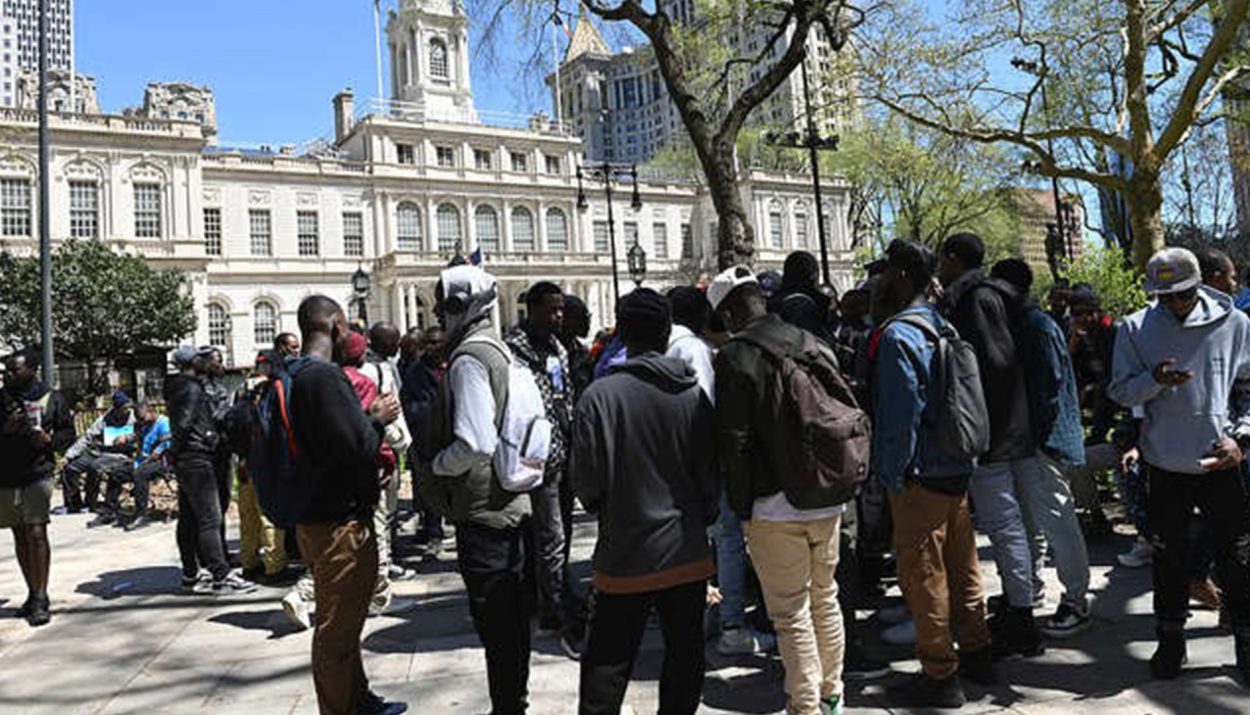Amidst a surge in migrants and a city-wide financial strain, Denver’s new Asylum Seekers Program is now facing intense scrutiny and criticism from migrants and advocacy groups. This new program was expected to be hailed as a step towards a long-term solution, but it has fallen short of expectations, prompting protests and concerns over the welfare of newcomers.
The Protests Erupts
In response to the new program introduced by the Mayor of Denver, migrants and advocacy group HAND took to the streets of Denver in a passionate protest against the perceived inadequacies of the Asylum Seekers Program.
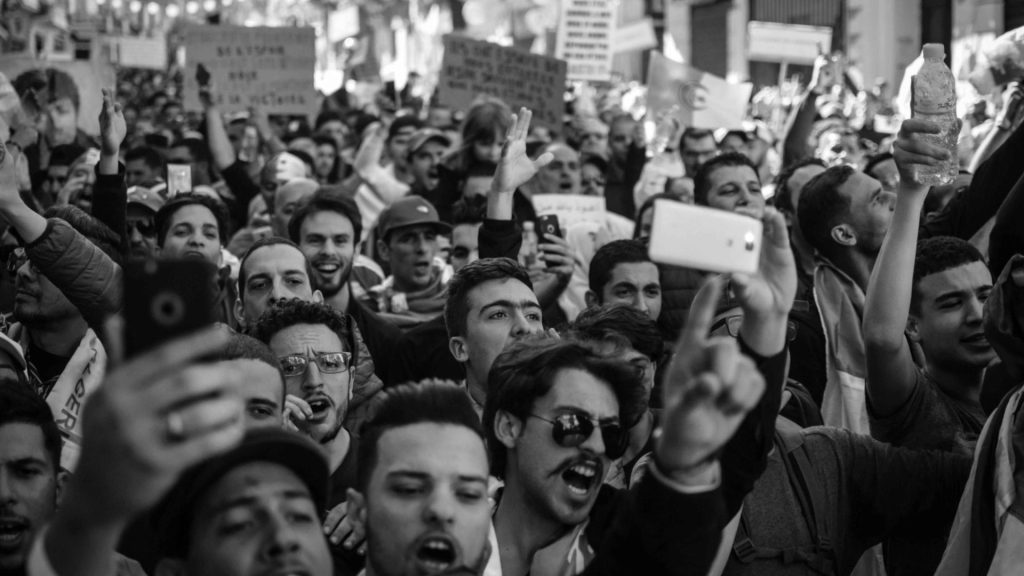
There are many signs that can be seen, such as “Support Our Migrants” and “Extend Shelter Stay,” as chants for better support fill the air. “We deserve better!” shouts one protester, holding a sign aloft. “Our families need more than just temporary solutions,” adds another, frustration evident in their voice.
What Was the Mayor’s Initiative?
Denver Mayor Mike Johnston was quick to address the media. In his media conference, he described the Asylum Seekers Program as a crucial first step toward addressing the city’s migrant crisis.
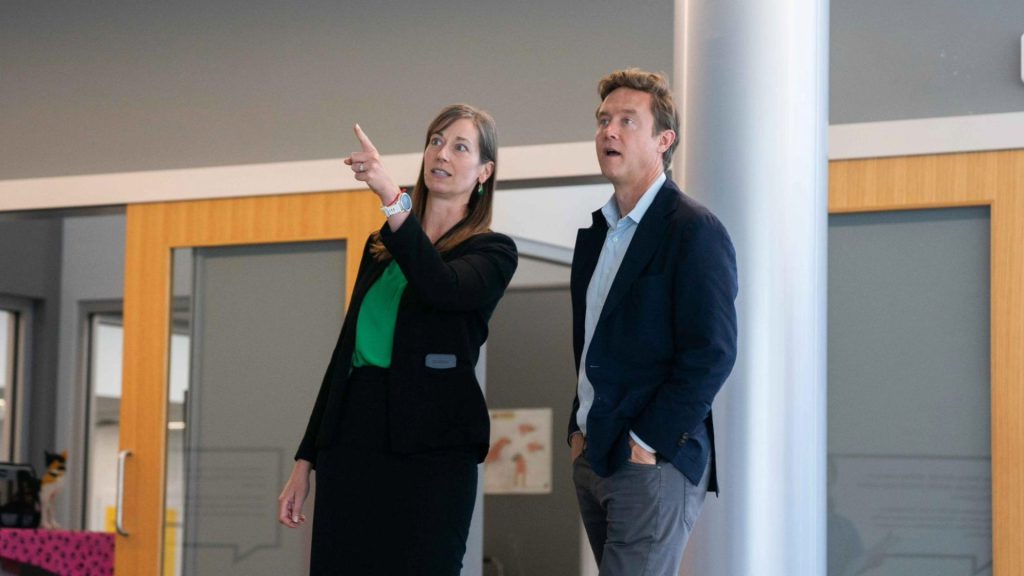
“We cannot turn a blind eye to those seeking refuge,” he emphasizes. He also highlighted the importance of compassion and practicality while answering reporters’ questions about the project.
What Are the Short-Term Alleviations?
Inside this newcomer shelter system, which is unaccepted by the masses, potential asylum seekers express gratitude for the temporary housing assistance provided.

“It’s a relief to have a roof over our heads,” remarks Maria, who recently arrived as a migrant. “But six months may not be enough to rebuild our lives,” she adds, voicing common concerns.
Controversy Surrounding the Length of Stay
At the heart of the controversy lies the change in shelter rules, limiting migrant stays to a mere 24 to 72 hours, no more, no less.
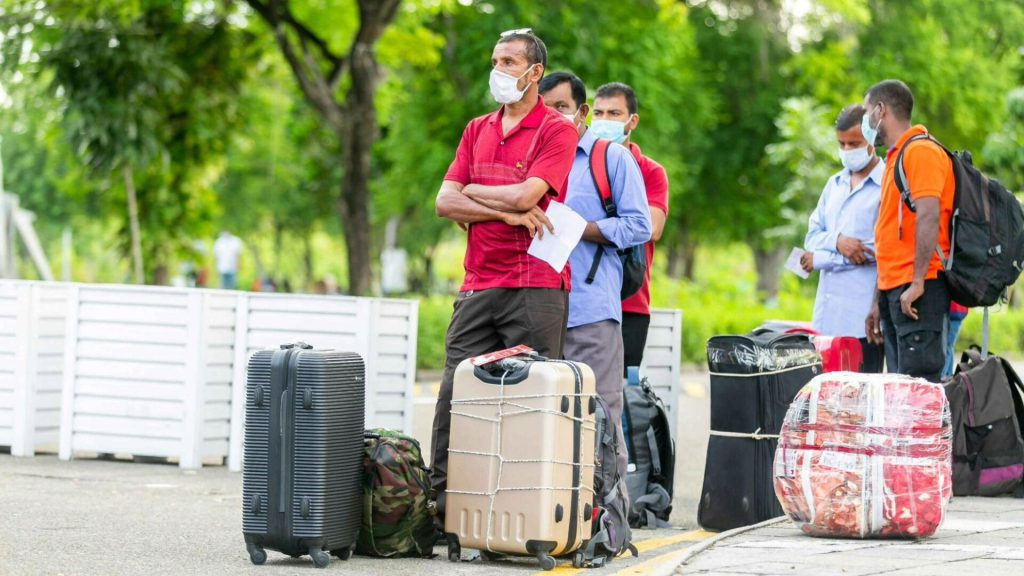
“How can we find stability in such a short time?” questions Carlos, a migrant facing uncertainty. “It’s like being given a lifeline only to have it snatched away,” he expresses. The migrants will be left shelter-less after a couple of hours if they do not live up to the project’s expectations.
Issue Of Insufficient Support
The program encounters widespread criticism and opposition from various stakeholders across Denver. Willy Bastidas, a vocal advocate for migrant rights, criticizes the program’s limitations.
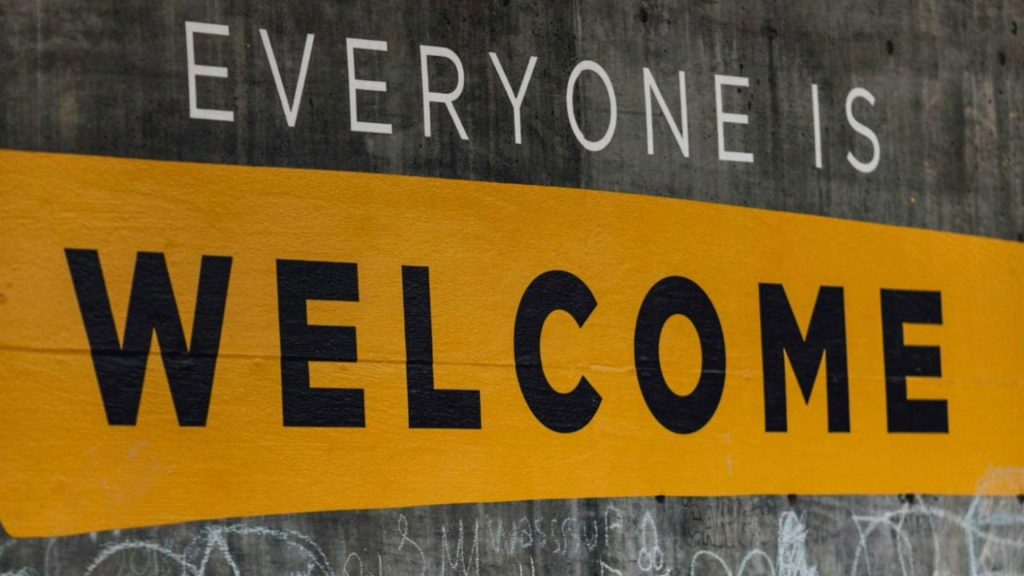
“Our community needs comprehensive support, not just temporary fixes,” he asserts, leading chants outside City Hall. “We demand a plan that truly addresses our needs,” he declares to applause. The increasing protests underscore the growing frustrations felt by many within the migrant community and their allies.
What Is the Advocacy Group’s Concerns?
HAND spokesperson V Reeves echoes these sentiments, expressing concern over the strain placed on nonprofits and advocacy groups.
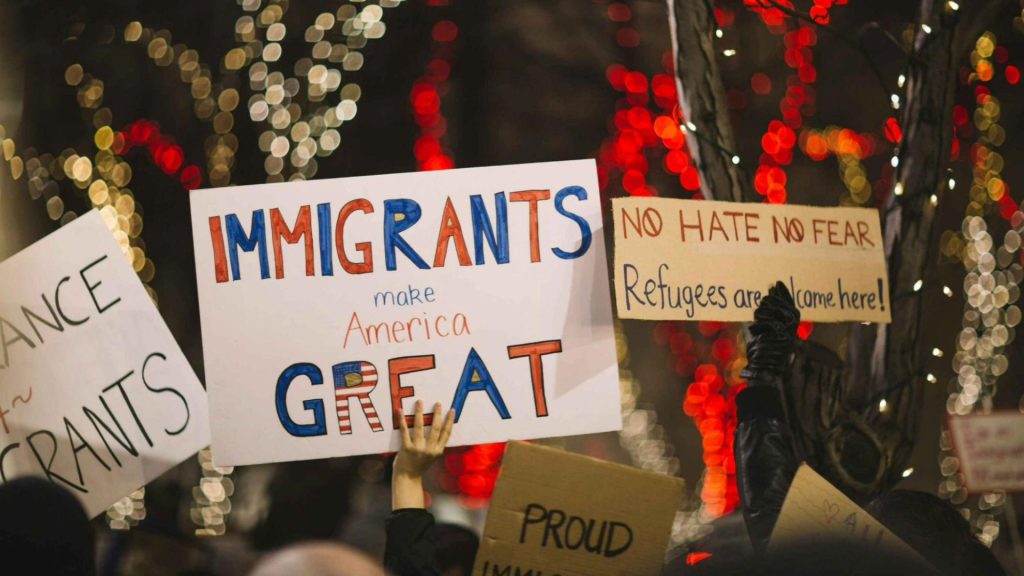
“We’re stretched thin already,” Reeves explains, frustration evident. “We need sustainable solutions that prioritize the well-being of all migrants,” they urge.
Is the City’s Defense at Stake?
The city officials, as well as the mayor, defended the program at the conference and afterward, citing the substantial financial support provided to migrants in Denver.
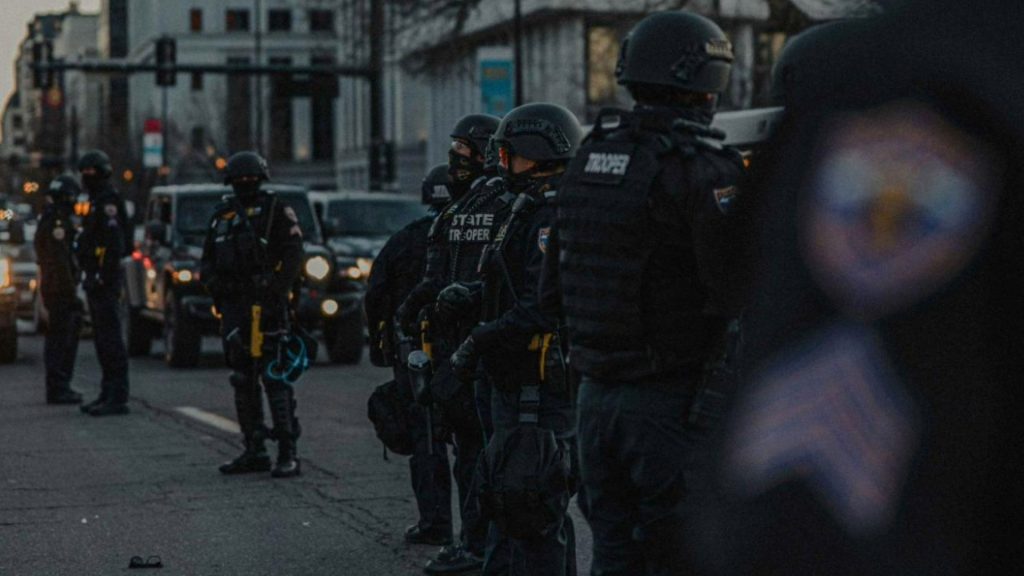
“We are committed to ensuring the dignity and safety of all newcomers,” states Jordan Fuja, Mayor Johnston’s press secretary. “This program represents a significant investment in their future,” he adds.
Queries About the Budget Allocation
In the new budget allocation, after this program’s introduction, Denver’s fiscal landscape undergoes a significant transformation. Mayor Johnston’s budget proposal allocates $89.9 million to assist migrants, drawing from various city departments.
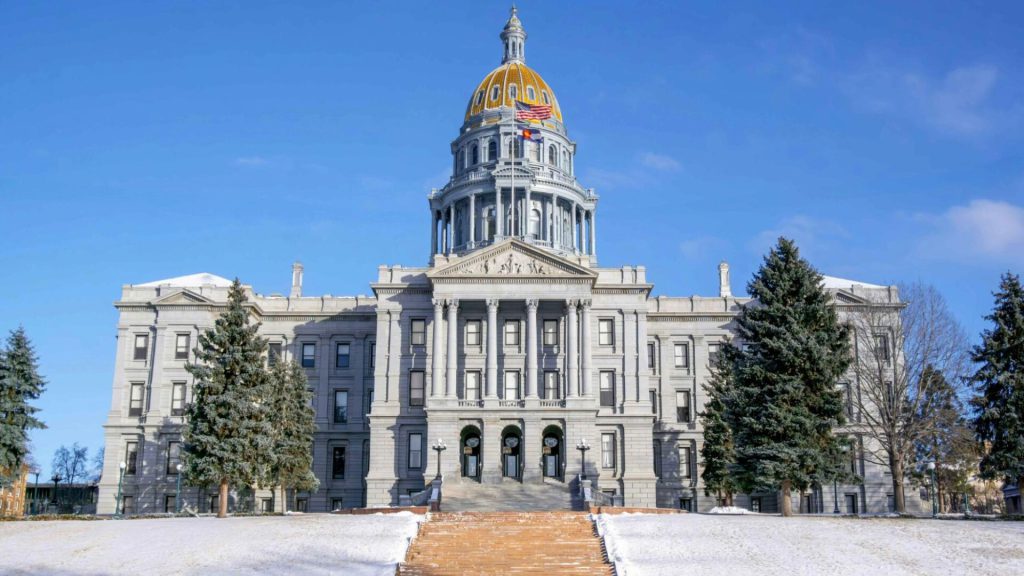
To the extent that the police and fire services face cuts, sparking debate over priorities in times of crisis. The concerned residents voice their apprehensions as this decision underscores the complex ethical and logistical considerations at play.
There Is a Deep Financial Strain
The city of Denver faces huge financial strain as it redirects its funds to migrant assistance programs all too suddenly. The proposals given by the mayor raises concerns about the impact on essential city services now that the public knows about the budget cuts in the police and fire departments.

As the public becomes increasingly aware of these cuts, anxiety mounts over the issue of public safety. The question about the city’s ability to balance aiding migrants and ensuring the well-being of residents lingers in the air.
Impact on City Services
Many assurances are made that essential city services will not be compromised, but citizens express skepticism.
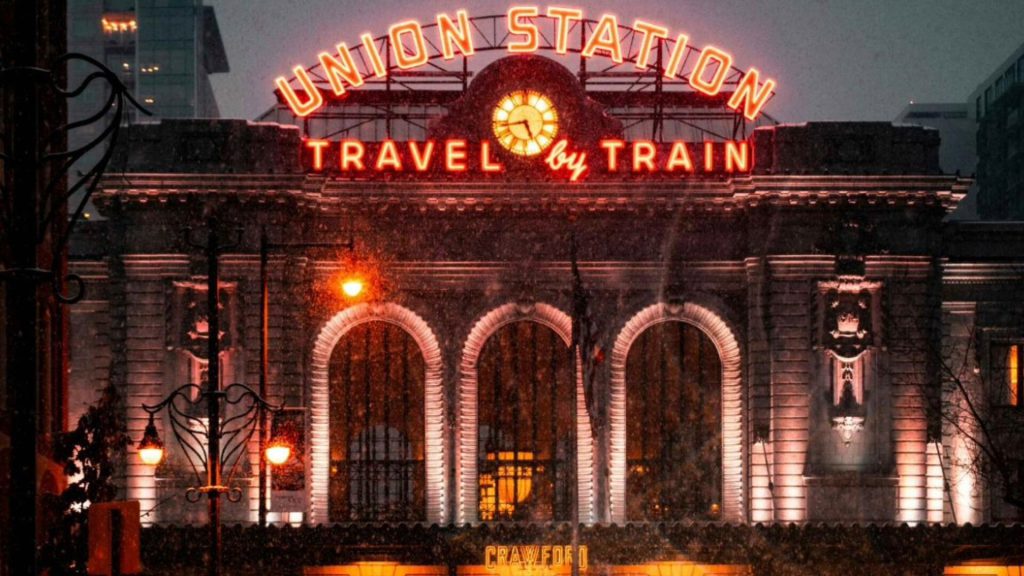
“We need to take care of our own first,” remarks a concerned resident, highlighting the tension between local needs and migrant support. The differing stances of the citizens have sparked increased outrage, as the solution remains unknown.
How Did the Public React?
On the one hand, the migrants are concerned about their strict rules. On the other hand, the residents are worried about the government prioritizing migrant assistance over local issues.
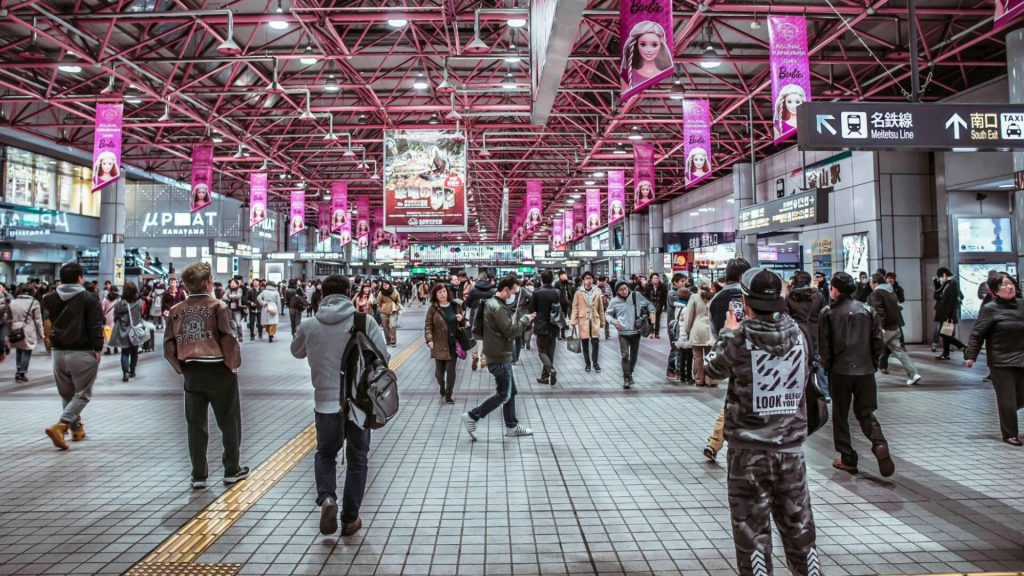
As they take to social media to express their frustration, “Our streets are in disrepair, and yet we’re spending millions on newcomers,” one comment reads, reflecting widespread sentiment.
Asylum Seekers Program Sustainability
City officials stress the need for a sustainable approach to addressing the migrant crisis, which has been overlooked over the past couple of years and, according to them, has gotten worse.
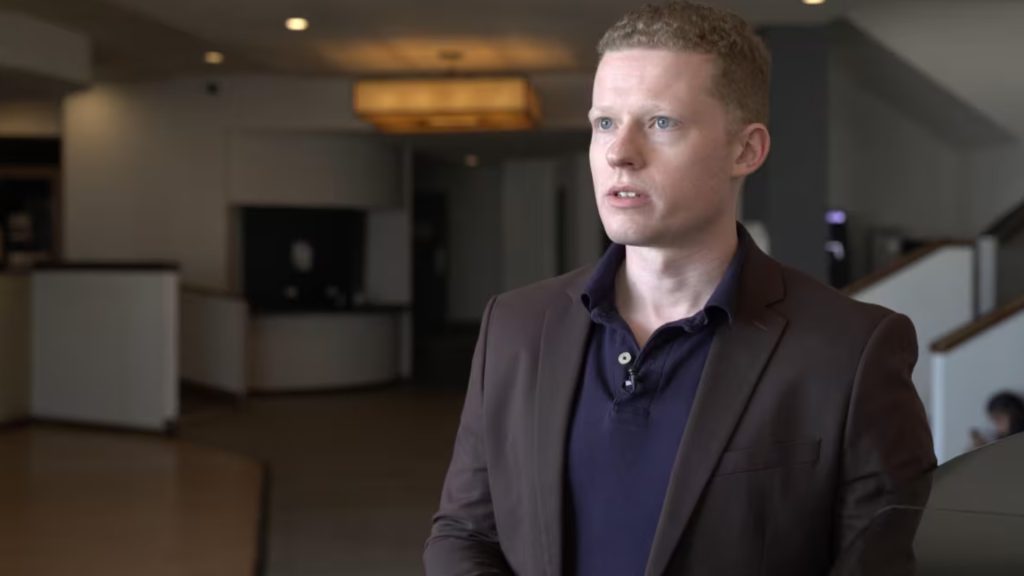
“We cannot rely on emergency responses indefinitely,” remarks Jon Ewing of Denver Human Services. “It’s time to pivot towards long-term solutions,” he asserts.
Is There Resource Exhaustion?
Word is going around about resource exhaustion, and there is mild panic among migrants in Denver.

Andres Carrea, a city official, urges migrants to seek support elsewhere due to resource exhaustion. “We simply cannot accommodate everyone,” he explains, urging migrants to consider alternative sanctuary cities with more resources.
What About the Ongoing Challenges?
As the migrant crisis, which has often been overlooked, persists, Denver grapples with many other ongoing challenges. Uncertainties loom over long-term solutions and financial sustainability, underscoring the complexity of the issue.
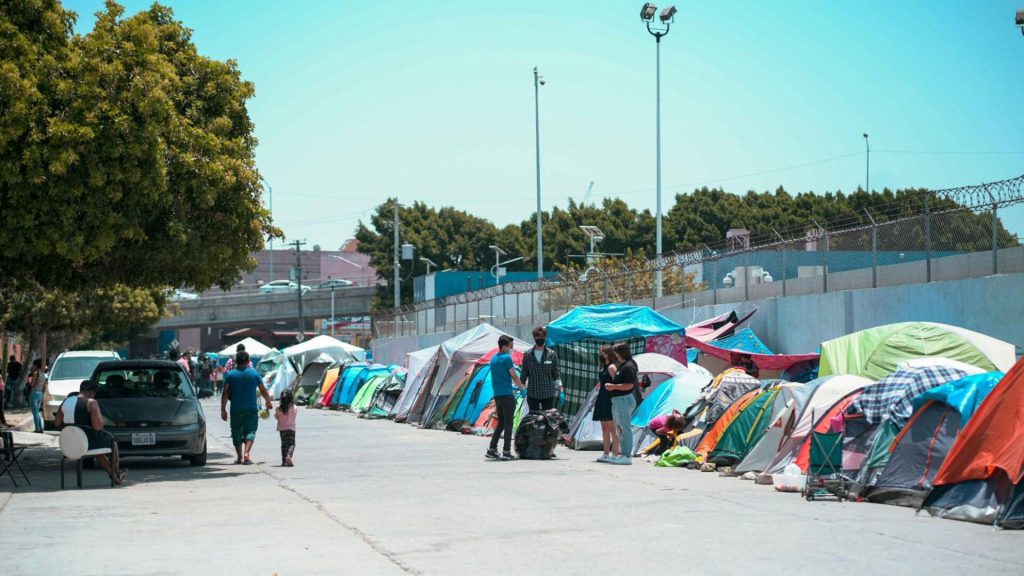
Nobody knows what the future holds for Denver in regard to this new program, as the people have conflicting opinions about the government’s practices.

